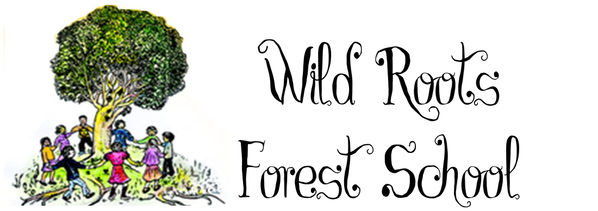|
By Lia Grippo
Play is part of our human genius and serves a wide variety of necessary functions. Play is the primary means of learning how to be a part of the world, without which parts of our humanity become stunted. Children will play with all of the themes that are present in their lives. They will, and must, play with everything, even (and especially) difficult and confusing topics. Watching children play out uncomfortable themes imaginatively, can be painful, and in an effort to protect our children (or ourselves) we might try to redirect or stop such play. However, play is a safe place for children to experience the world around them, for in play, they are able to control how much fear and/or discomfort they will tackle at once. They control the content of their imaginations and therefore can dose themselves appropriate to their needs. Play is where we humans learn to regulate our fear response, where we learn what is and isn’t really dangerous. When we play with that which might frighten us, we practice what we might do in response, we learn how to avoid under responding and over responding to all manner of situations. This is no trivial undertaking. Play is powerful. In our current situation, our children’s opportunities for play with others are curtailed and we as parents find ourselves in the role of supporting play, amongst all of our other responsibilities. In order to do this, we must pay attention to their play. This doesn’t mean we watch them all day long. Quite the contrary. We need only tune our ears, and maybe our peripheral vision, into their play now and again. In fact, staring at our children while they play can sometimes have a disruptive effect. ~Notice the theme of their play.~Notice what props they might use. ~Are there times of the day when your child plays in a physically active way? ~Are there times of the day when your child plays close to the ground in a quieter way? ~Are there times when they can’t seem to figure out what to do with themselves? When to play with our children and when not to? A few notes on playing with our children. Often I find that adults (mom’s especially) don’t enjoy playing with our children as much as we think we should. This is normal and typical. In fact, the young child is looking to adults to imitate adult life, which can of course be playful, but tends to be a different type of play than that of the young child. Far less often are parents interested, of their own accord, to engage in “let’s pretend” play. However, now more than ever, our children don’t have the other children for playmates that they rely on. There are some basic foundations to real play. The first of which, is that playmates must want to play. If one isn’t genuinely having fun and playing because they want to it isn’t actually play. Keep that in mind and play with your child when you genuinely want to and enjoy it. You are not obligated to “play.” That would be an oxymoron. However, when you find yourself feeling genuinely playful, by all means, play with your child. The second foundation of real play is that anyone is free to quit at any time. This is what makes play the best vehicle for learning empathy, compromise, self regulation and a host of other pro-social skills. If your playmates can quit the game at any time, then it becomes imperative that we notice when they are happy or unhappy in the play. If your playmates are unhappy they will stop playing. Therefore, we learn to observe, and adapt creatively. When parents play imaginative games with children we often follow their rules without inserting our own wishes or ideas into the play. Before long, we might find that our children become demanding or domineering in their play with us. This is always a sign that we adults have not been engaging in genuine play. When you aren’t enjoying the play, it is best to stop playing and return when you really want to. Keeping play authentic is healthy modeling for children.
0 Comments
Leave a Reply. |
AuthorWild Roots staff authors include Erin Boehme, Lia Grippo, CJ Cintas, Anne McCarthy, Tyler Starbard, Jenn Sepulveda, Heather Young, Amalia Smith Hale, Natalia Pareja... Archives
May 2020
Categories
All
|


 RSS Feed
RSS Feed
